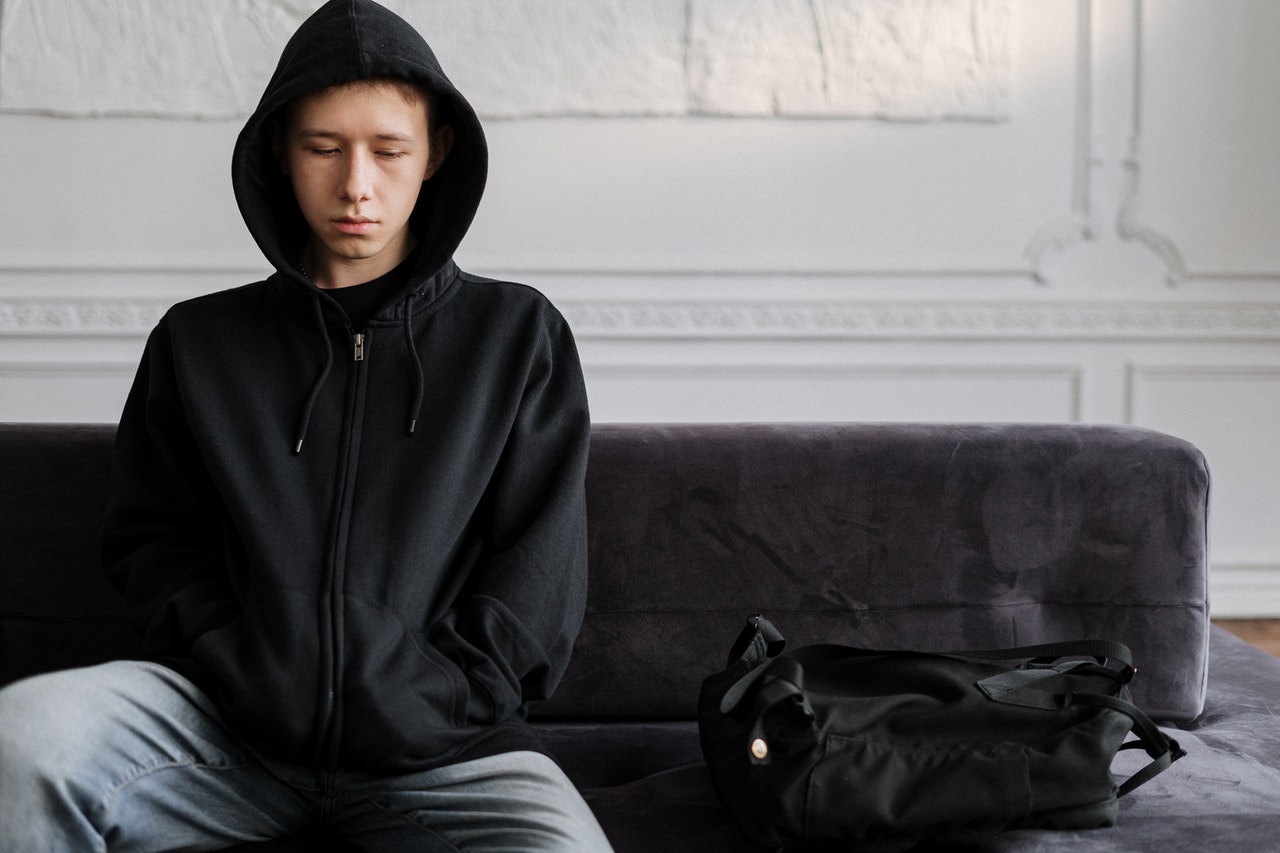The transitional age is a difficult time for both children and their parents. The mood and behaviour of a teenager often change, he is agitated, then apathetic, then open, then withdrawn. The teen is trying to settle into the turbulent world of relationships outside the family. He needs to feel that his parents support him. If there is no acceptance and a sense of security, then the result can be aggression directed at oneself or outward.
Adolescence is often called the period of “storm and onslaught”, “hormonal burst” and puberty. Difficult time. There is a transition from a child to an adult in all spheres: physical, physiological, personal (moral, mental, social).
Can parents notice that something is wrong with the child?
At this age, children rarely talk to their parents. So even if something happens to a child, adults see the usual picture: their son or daughter is in a bad mood, closes in his room, answers questions: “It’s okay, leave me alone.” It is important not to miss a moment when a teenager turns from an ordinary growing up into a “difficult” one.
During the period of personality formation, there is a radical breakdown of behaviour. Previous interests are changing. New relationships occur. Changes are rapid, violent, and abrupt. This causes intense feelings that the teenager cannot explain. Much is not clear in the adult world. How to fit into it?
Many parents worry: “We raised the child wrong. We are bad parents! ” How should they be?
For a child, parents are the most important people. The personal example of mom and dad most of all influences the children. Lacking experience and knowledge, the child copies adults. The child sees how attentive and respectful the parents are to each other, how they solve problems.
Think of yourself as a teenager, and it will be easier to understand your son or daughter. Working together with parents, leisure, hobbies help the child to form responsibility, independence, attentiveness. Adults should show the teenager that his opinion matters, that he is considered.
The teenager’s relationship with his parents is being rebuilt. Teenagers often criticise their parents’ lifestyle, attitudes and values. It becomes more and more difficult to communicate with the child, conflicts arise. A teenager is guided by adults who are authoritative for him, but his ideal is not always a father or mother.
What is the right way to react if parents catch a child with a cigarette or find out that he is using drugs?
First rule: behave with dignity. No matter what. You are an adult and have no right for panic and hysteria. There is no need to shout and grab the belt. First, try to understand the situation. Get a good quality drug test kit. Make sure that you test your child, before accusing him.
It is very important to maintain trust. If you are hysterical, the child will simply withdraw into himself and push you away. Find the strength in yourself and try to become an ally, not an enemy.
Don’t be boring. Endless conversations, accusations, moralising conversations are absolutely useless, they can only have the opposite effect. Any, even negative talk about drugs evokes memories of them.
Don’t overuse threats. If you promise something, do it. Don’t threaten in vain. The child is well aware that you will not fulfil many threats and ignores them.
How can parents cope with adolescence?
A few important tips that can really help:
- Don’t pamper your child.
- Don’t be afraid to be firm.
- Be consistent.
- Don’t make promises you can’t keep.
- Don’t fall for provocation.
- Don’t be offended when a child says he hates you.
- Don’t make your child feel younger than they really are.
- Do not correct the child in the presence of strangers.
- Don’t try to be ideal parents, be yourself and try to be better.
- Most importantly, love your child no matter what. Be a real friend to him.
Conclusion
A teenager and a child, in general, is a person who always somehow reflects the family coordinate system. And to consider it as a separate element outside the system is a deliberately false path. Teenage behaviour cannot be changed without revising the entire family arrangement. And parents should be prepared for the fact that they will have to start changes with themselves.
Article by Stella Ryne
Stella is a proud member of Alejandra’s life family Team


